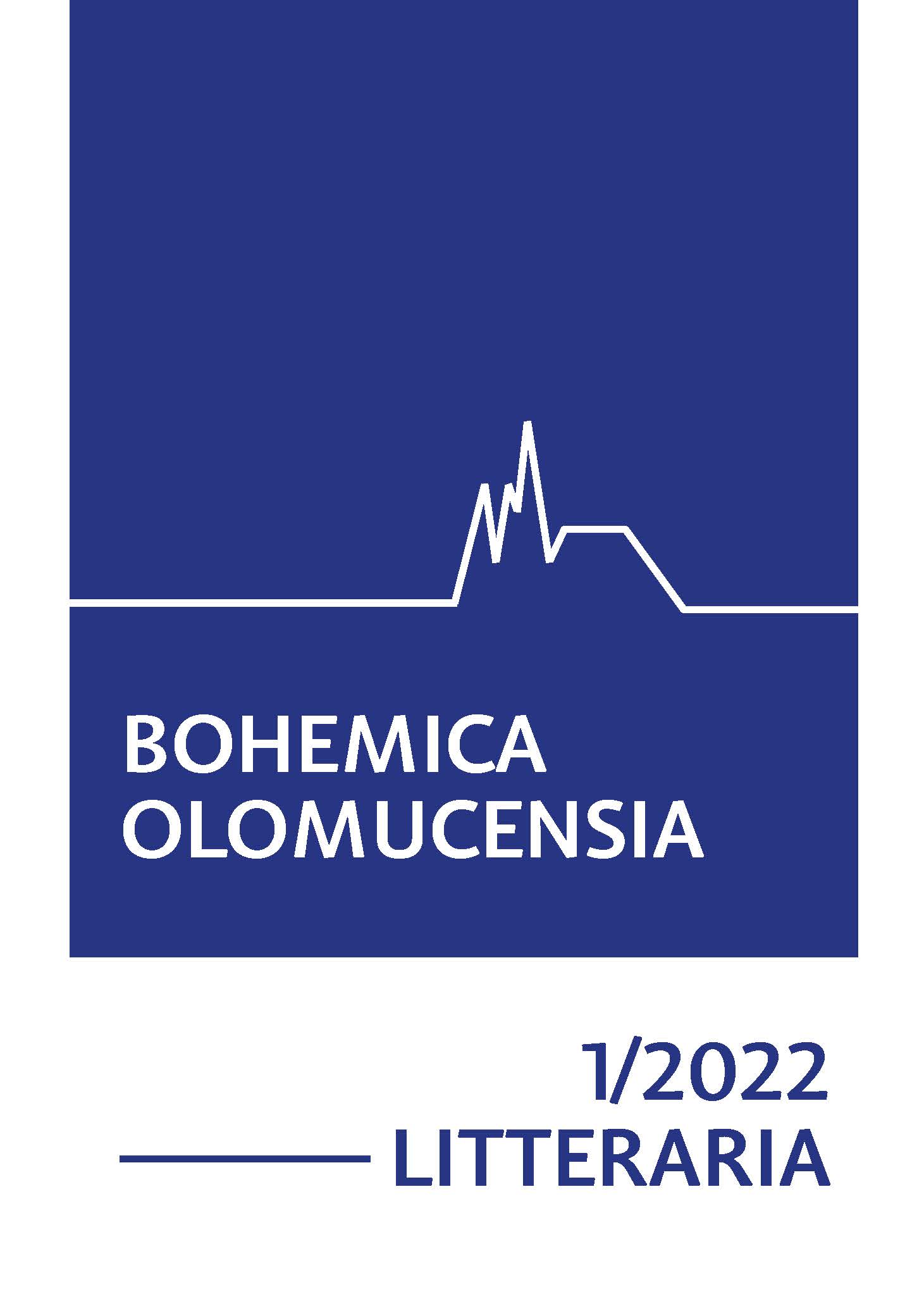In margine Havlovy Žebrácké opery
In Margine of the Beggar’s Opera by Václav Havel
Author(s): Petr SteinerSubject(s): Language and Literature Studies
Published by: Univerzita Palackého v Olomouci
Keywords: Václav Havel; John Gay; Andrej Krob; Beggar‘s Opera; Czechoslovak dissent; normalization in Czechoslovakia; life in a lie
Summary/Abstract: Václav Havel’s adaptation of John Gay’s The Beggars’ Opera had its premiere on November 1, 1975, in Horní Počernice—a remote suburb of Prague. Following the occupation of Czechoslovakia in 1968, the author was blacklisted and staging his plays (even if only by amateur groups) was perceived by the authorities as serious provocation. The essay points out how Havel’s text deviates from the original and focuses on the characters’ dialogues exhibiting a peculiar communication disorder for which Gregory Batson coined the label “double bind”: when the object language (the content of communication) becomes entangled with the metalanguage (the social setting in which it takes place) and an assertion made at the primary level contradicts one made at the secondary one. In this respect the linguistic behavior of Havel’s protagonists resembles the discourse of his compatriots—“living within the lie”—forced by the oppressive regime into an endless chain of pretending. The purpose of the play, however, is not merely mimetic but above all political. By communicating a communicative disorder Havel reframes double bind dramatically and presents it to his audience, familiar with it from their everyday life, for inspection. It is an invitation to his viewers to step out of the trap in which they are caught, to scrutinize how they interact and, if they don’t like what they see, to change it accordingly. To cease “living within the lie” choosing “life within the truth” instead.
Journal: Bohemica Olomucensia
- Issue Year: 14/2022
- Issue No: 1
- Page Range: 178-201
- Page Count: 24
- Language: Czech

